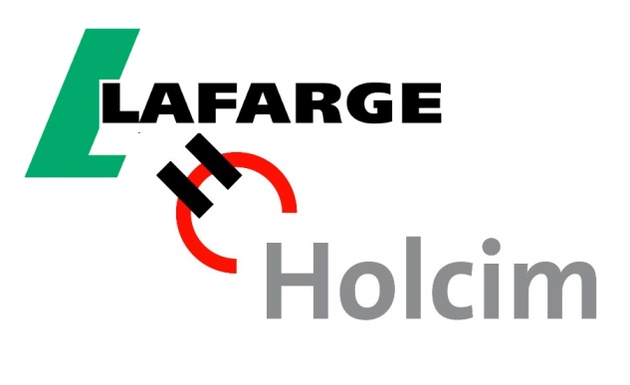4 December, 2014As the merger of the two cement giants Holcim and Lafarge continues, workers are launching a global campaign to demand that workers’ rights are respected
The decision was made by 75 trade union leaders from 22 countries representing workers at Lafarge and Holcim at a meeting held on 25-26 November in Houffalize, Belgium. The meeting was organized by CSC bâtiment – industrie & énergie (CSC BIE) of Belgium, the European Federation of Building and Woodworkers (EFBWW), the Building and Wood Workers’ International (BWI) and IndustriALL Global Union.
At the meeting both IndustriALL and BWI committed to working together with affiliates in the campaign to support the workers’ demands.
The merger would result in a company with 130,000 workers and a turnover of € 35 billion, making it the biggest cement company in the world. Both companies want to cut costs and reorganize their work through the merger, which they aim to complete in the first half of 2015.
Unions have little faith that this merger is driven by a well-reasoned industrial policy, but that is rather a product of corporate greed pursuing only big profits at any price with dramatic effects on working rights and conditions.
Workers and their unions at Holcim and Lafarge spoke loud and clear: they demand workers’ rights, respect, and recognition as a social partner during and after the merger process. IndustriALL stands in full support of the workers’ demands,”
said Kemal Özkan, Assistant General Secretary of IndustriALL Global Union.
This is a global merger by shareholders for shareholders,”
stated Ambet Yuson General Secretary of BWI.
The rights and interests of the workers who are responsible for the shareholders profits have been lost in the numerous meetings discussing the impact of the two cement giants. It is important we as trade unions representing workers in the cement industry mobilize to develop a concrete, coordinated strategy that puts the workers issues at the center of the merger.”
As the biggest player on the market after the merger, Lafarge and Holcim must set a good example for others. That is only possible if they recognize and consult workers as equal interlocutors while providing real information about the future company’s structure and core activities.
Other demands concern good working conditions and decent wages while observing the principle of “equal pay for equal work” for permanent staff and subcontractors. Outsourcing, extensively used by both companies and especially Holcim, resulting in badly paid precarious and insecure jobs must be restricted.
Unions insist on a fair social solution for the workers of the companies that will be sold during and after the merger. The future company does not only need to take over the existing global framework agreement with Lafarge, but also must adjust it to the new situation. A world works council with regional consultative bodies for each continent should be created urgently in order to establish a good social dialogue.
At the conference, Pierre Cuppens (CSC BIE, vice president BWI) was very clear,
We promise to follow this merger process very closely, we will not drop the workers. The offer price is not the only important element, there must be job security and respect for the existing collective labour agreements.”
